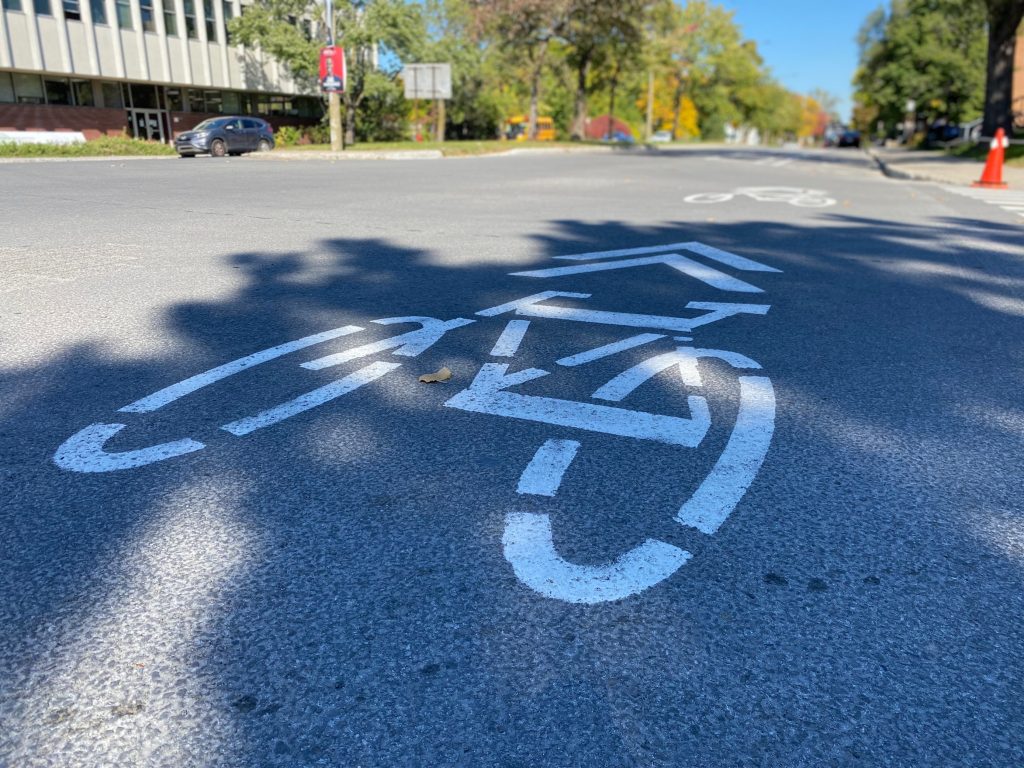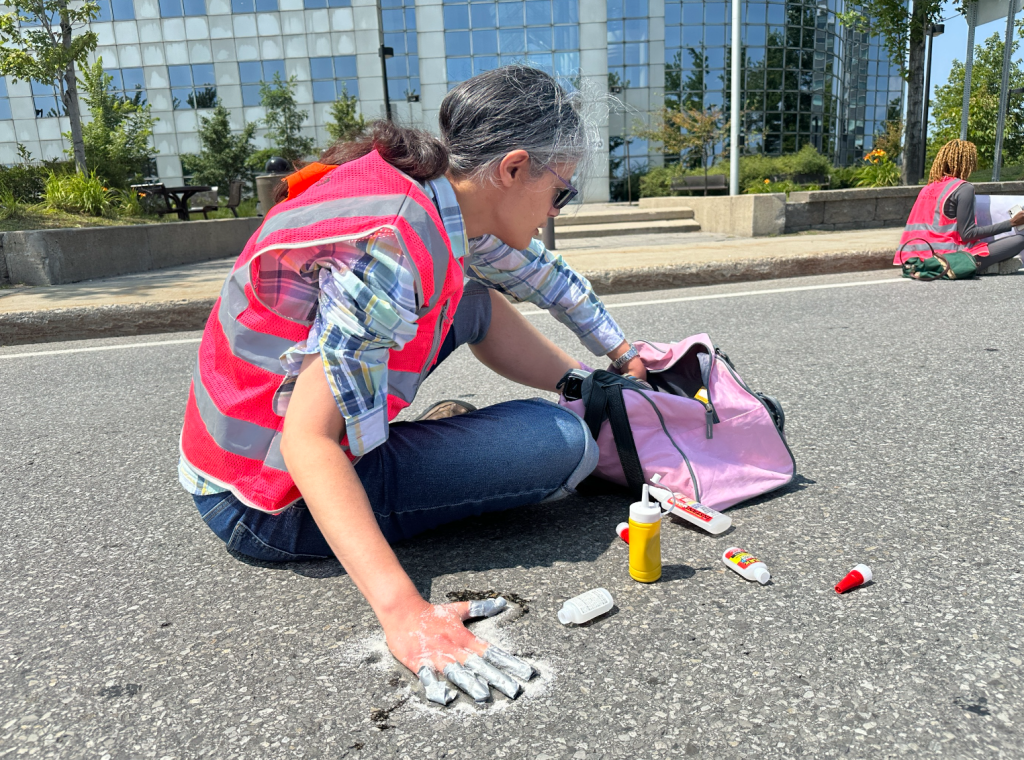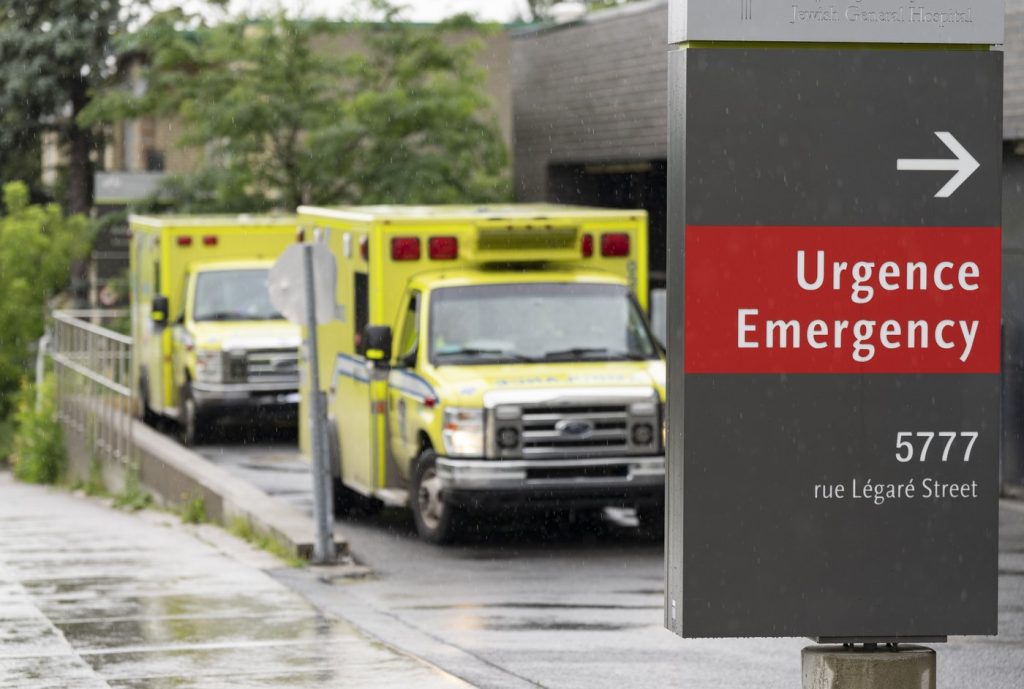Mohawk Mothers battle to find unmarked graves at former Montreal hospital continues
Posted January 1, 2024 10:56 am.
Last Updated June 11, 2024 6:24 pm.
A group of Indigenous women called the Kahnistensera, also known as the Mohawk Mothers, embarked on a legal battle in the search for possible unmarked graves at the former Royal Victoria Hospital in Montreal.
Since 2015, the group has been to court several times to try to intervene in the construction of a new future downtown McGill University campus to have the area properly searched for unmarked graves.
“That’s what we want. And we will not stop until we accomplish that. So that’s where we are now. We’ve been stopped many times, but it hasn’t stopped. We’re still going, we’re still ongoing,” said Kahentinetha, one of the Mohawk Mothers.
“We have to find our children. We have to find out what happened to them and who’s responsible for it and who is going to pay the penalty for what happened to our children.”
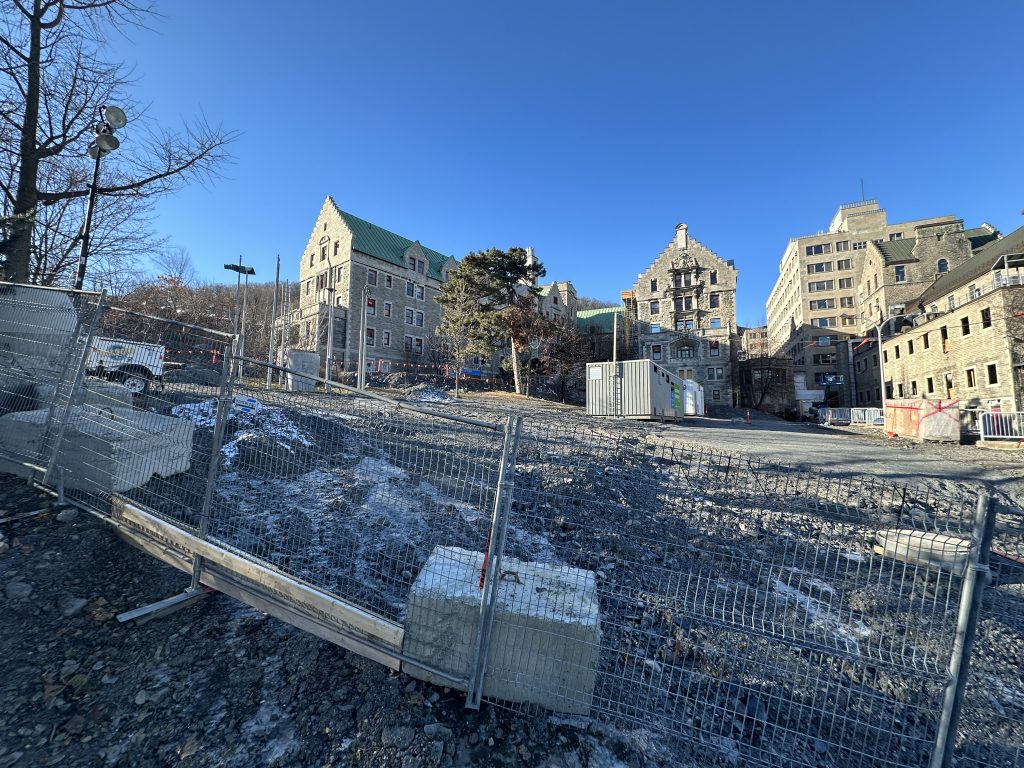
During the 1950s and 60s, the psychiatric institute at the Royal Victoria hospital performed mind control experiments. The Mohawk Mothers say that there could be survivors of those treatments buried at the site, both Indigenous and non-Indigenous.
“At the Allen Memorial, those children were Native children. I know of people who were sent there. And so I know, they know too what happened. They’re old now, but they remember,” explained Kahentinetha, adding, “they were trying to decimate the number of our people, because that’s what we were told that they were going to do.”
In June, cadaver dogs identified possible evidence of human remains on the site, but since then there has been no confirmation of human remains found.
“They came with these machines and they just chopped away at these, and they dug out and they pulled out the dirt, piled it on the side, and they looked at it,” described Kahentinetha, “then they threw all the dirt back in.”
“They should be following best practices when it comes to forensic archaeology,” said Rajendra Kapila Basdeo, from the Mohawk Mothers (Kahnistensera) Solidarity group. “This evidence needs to be sifted by hand, by trained forensic archaeologists.”
In November, a court ruling reinstated the archeologist panel involved in the investigation, but McGill is requesting authorization to appeal that decision.
CityNews Montreal reached out to McGill about their desire to appeal in December, and replied with a written response.
“McGill University has filed a leave to appeal the decision rendered by the Superior Court on November 20, 2023, and an application for a stay of this order. These proceedings are filed with the Québec Court of Appeal. McGill considers that the Superior Court made several errors in rendering the decision, including in the interpretation of the settlement agreement reached by the parties on April 6, 2023 (“Agreement”). As such, McGill takes the view that the Court erred in concluding that the parties intended for the Panel to have ongoing involvement in the execution of investigatory techniques, after having submitted their final report on July 17, 2023. McGill does not contest that, in accordance with the Agreement, the Panel should be consulted in the event of an unexpected discovery during excavation.”
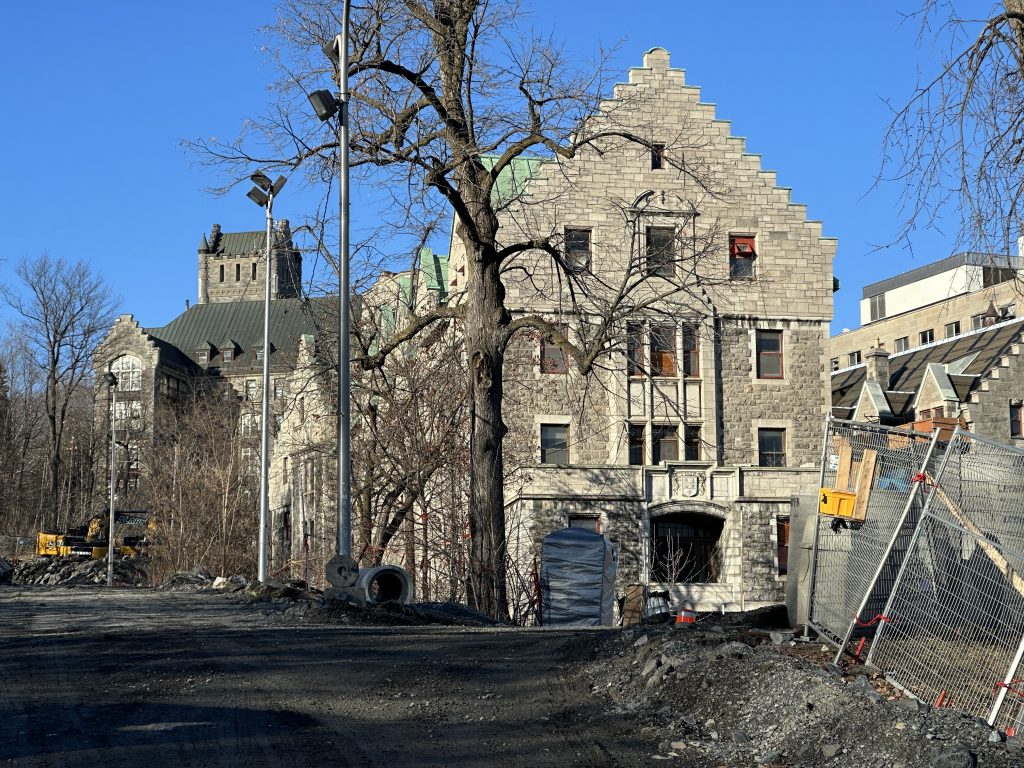
Supporters of the Mohawk Mothers suggest that requesting authorization to appeal the court’s decision is not appropriate.
“It’s totally antithetical to truth and reconciliation, what McGill has been doing. Appealing, appealing these decisions by the court, that’s not reconciliation,” said Kapila Basdeo.
“This is part of this program of reconciliation. So we didn’t see much of the reconciliation. We just saw that we were being cast aside. We were denied information,” said Kahentinetha.
“It was just very, very difficult for us. We were not respected at all and so that’s where we are now.”
